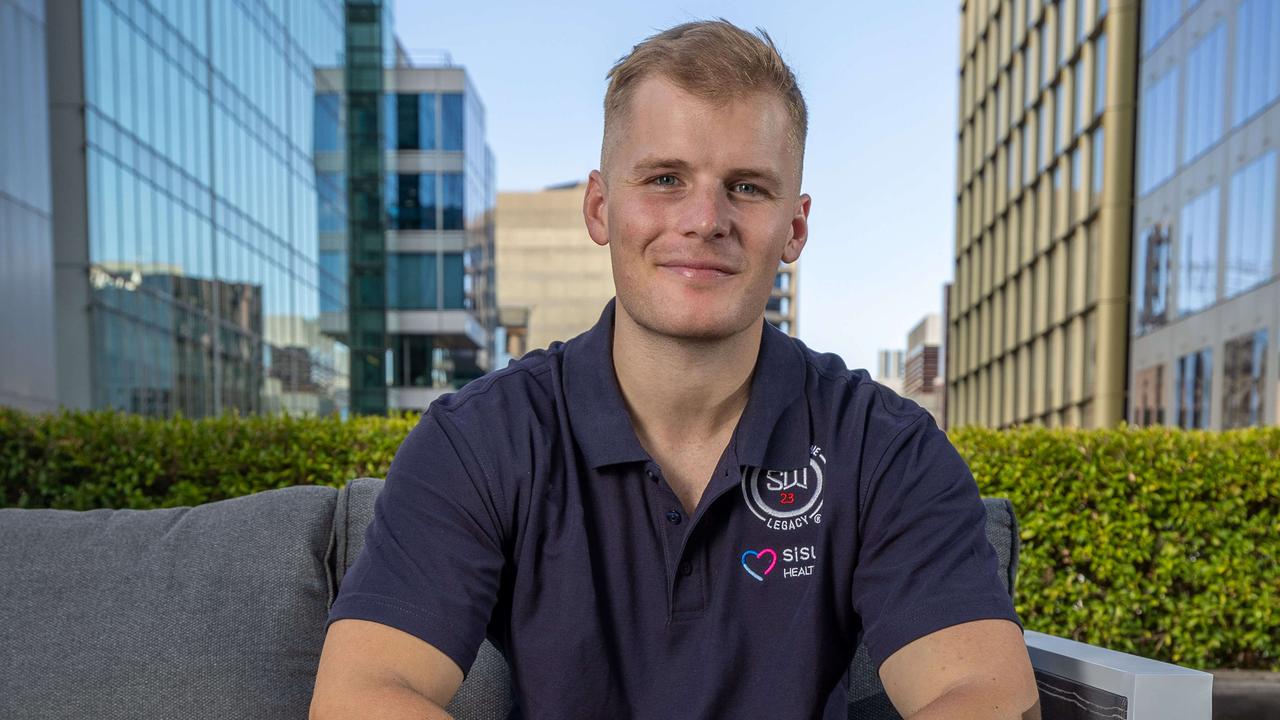Artificial sweetener can trick your brain into feeling hungry, research shows
Is sugar-free risk-free?
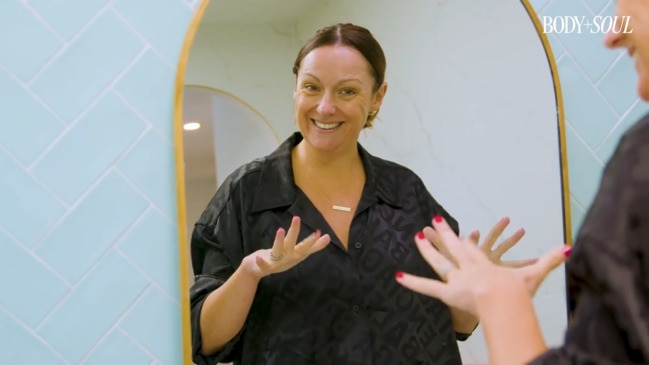
Lifestyle
Don't miss out on the headlines from Lifestyle. Followed categories will be added to My News.
As the debate over whether sugar or artificial sweeteners are better for us rages on, new research has revealed that one sugar alternative may not help with appetite control.
Saccharin, sucralose, aspartame, acesulfame potassium – there are so many sugar substitutes it’s hard to keep track of them all.
Artificial sweeteners have been a topic of controversy for years, with everyone having an opinion about the taste, health benefits and risks of each compared to sugar.

From reported links to cancer, heart disease, and obesity, the jury’s still out on whether there’s any benefit in substituting sugar.
Now new research suggests one sugar swap may not be helpful when trying to lose weight or curb sugar cravings long term.
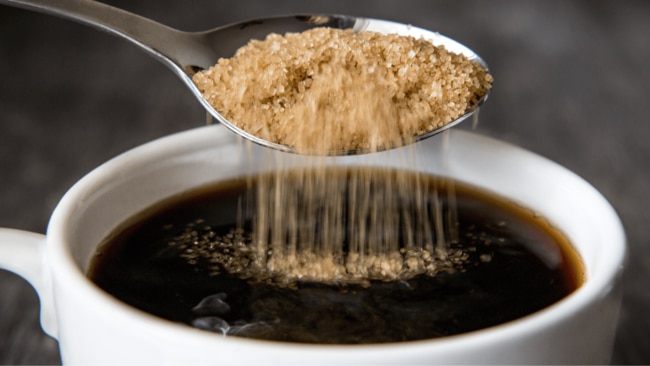
The impact of sucralose on hunger
Researchers from the University of Southern California found that sucralose, sold under the brand name Splenda, could trick our brains into feeling hungrier.
The study involved 75 people aged between 18 and 35 being directed to consume a drink with added sucralose, sucrose or water over three different days. Each session was held between two days and two months apart, and the drinks were randomly given to each participant.
Each person had a blood test and brain scan prior to and after consuming the drinks, and the team found an increase in blood flow to the hypothalamus following consumption of the drink with added sucralose.

When drinking the beverage containing sucrose, or table sugar, participants experienced a reduction in hunger as their peripheral glucose levels spiked and blood flow to the hypothalamus was reduced.
Participants didn’t experience a spike in insulin or GLP-1 hormones when drinking sucralose. These hormones help to regulate blood sugar levels, and the study’s supervisor, Kathleen Alanna Page, added that the body uses them “to tell the brain you've consumed calories, in order to decrease hunger”.
“Sucralose did not have that effect – and the differences in hormone responses to sucralose compared to sugar were even more pronounced in participants with obesity."
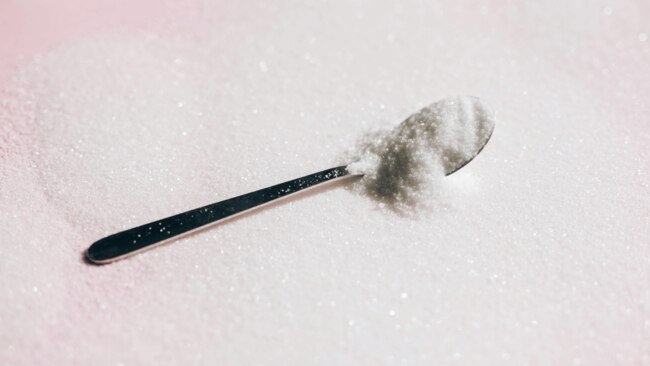
Participants also reported lower levels of hunger after drinking the sucrose beverage, compared to the one containing sucralose.
The hypothalamus is responsible for controlling appetite and cravings, so the researchers believe that the significantly sweet but calorieless sucralose could induce "a mismatch between the expectation of caloric intake and the absence of actual energy".
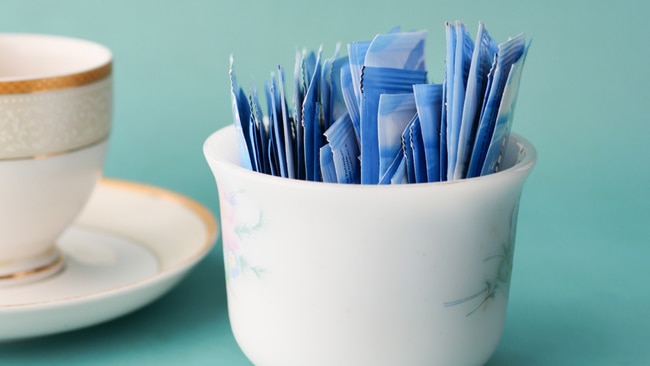
The endocrinologist said, "if your body is expecting a calorie because of the sweetness, but doesn't get the calorie it's expecting, that could change the way the brain is primed to crave those substances over time".
So if you’re substituting sugar to support your health or weight goals, you may want to rethink which sweetener you reach for when having your morning coffee.
More Coverage
Originally published as Artificial sweetener can trick your brain into feeling hungry, research shows




